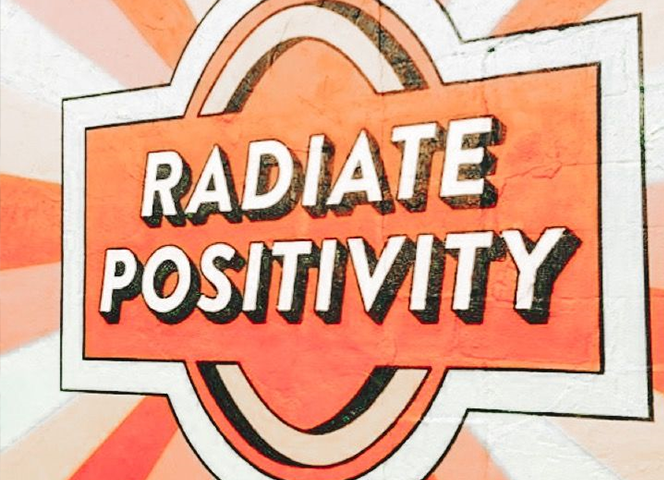Psychological Safety is achieved when leaders encourage team members to speak up, take responsibility for their contribution to team goals and see conflicts as a learning experience.
Whilst resilience and optimism is mostly studied on an individual-level, growing research focuses on team resilience, defined as managing stressful situations effectively across the entire team. Team Resilience strengthens the capacity of the team to deal with future challenges and adversities (Hartwig et al., 2020).
Teams that feel resilient and experience positive emotions like optimism and positivity, have a shared belief of feeling safe to discuss concerns and ideas. Teams that feel safe are able to reflect honestly on previously challenging situations and how they were dealt with, without the fear of rejection or blame (Schippers et al., 2014).
Perceived Psychological Safety facilitates team Resilience, and leader positivity encourages a feeling of safety. The combination of psychologically safe work environments and team resilience results in more effective, productive and successful outcomes, for the team as well as the organization thereby helping the organization to achieve its targets and grow.
We looked at the relationship between resilience and psychological safety using our BeTalent Resilience and Psychological Safety questionnaires. We found all 9 scales of the Resilience questionnaire were positively correlated with the 10 scales of Psychological Safety. For example,
- Composed leaders, tend to create an environment where people are Candid and Honest (r(251) = .35).
- Individuals who are Confident, contribute to an environment where people Embrace Diversity (r(251) = .30).
- Individuals who are Self-Assured, tend to create an environment where people can Learn from Mistakes (r(251) = .25).
- Optimistic leaders, contribute to an environment where people Speak Up and Share Ideas (r(251) = .28).
In other words, positive leaders help to contribute to a feeling of Psychological Safety where people can speak up, be honest, embrace differences and learn from mistakes.
This post was written by BeTalent, they are an exhibitor on the HRTech247 Talent & Performance Management floor of the Technology Hall. You can visit their virtual space here
References
Hartwig, A., Clarke, S., Johnson, S., & Willis, S. (2020). Workplace team resilience: A systematic review and conceptual development. Organizational Psychology Review, 10(3-4), 169-200.
Schippers, M. C., Edmondson, A. C., & West, M. A. (2014). Team reflexivity as an antidote to team information-processing failures. Small Group Research, 45(6), 731-769.






